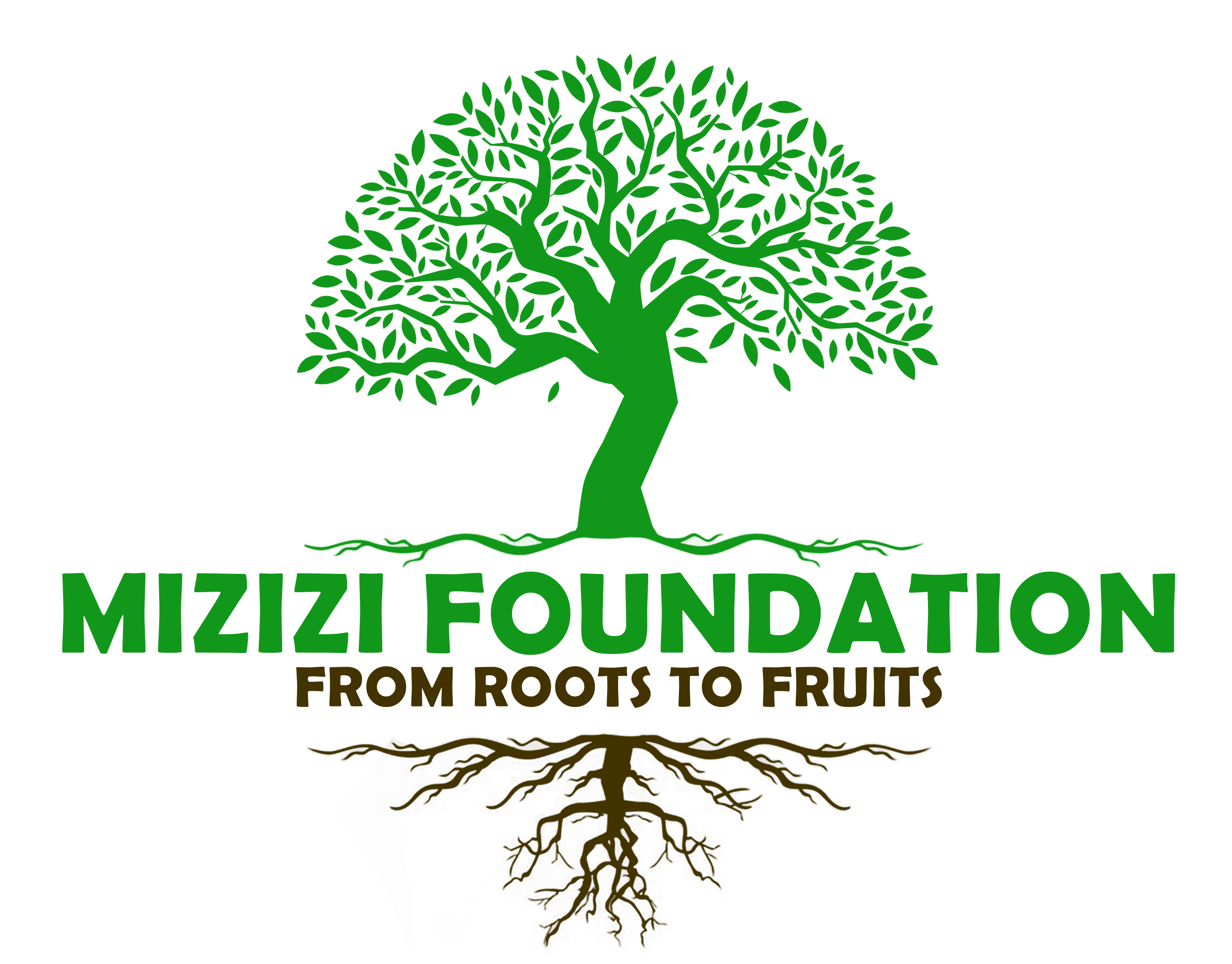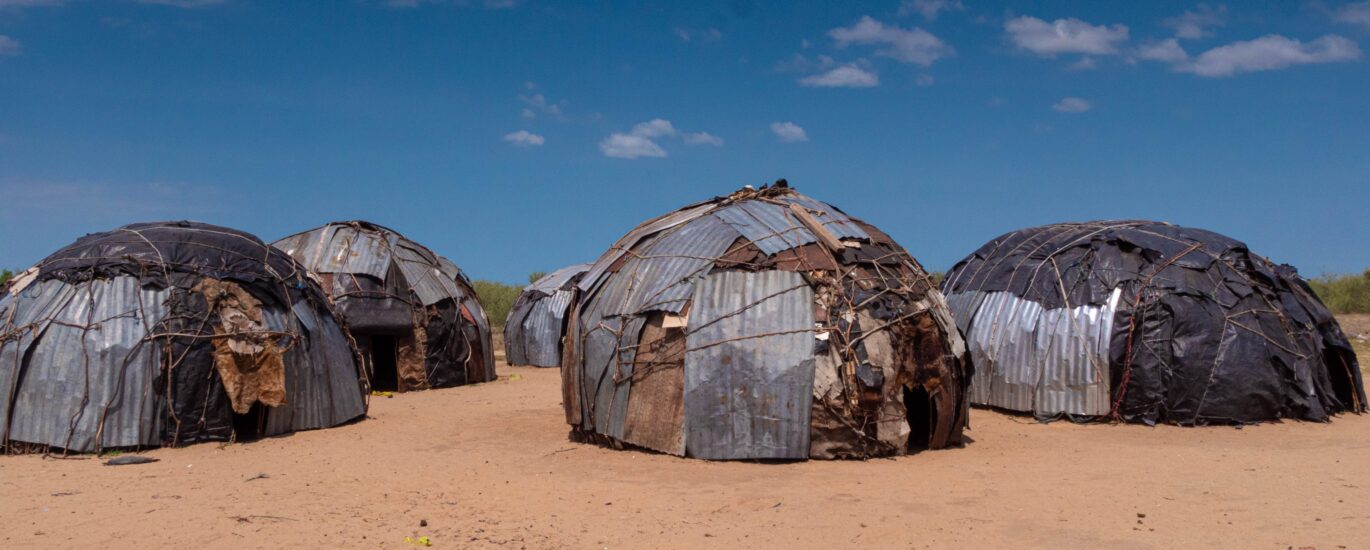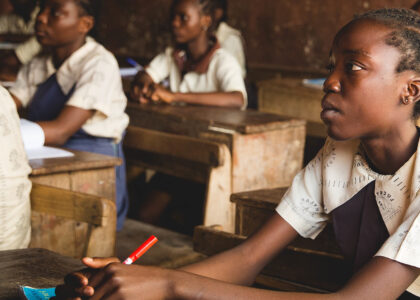In the face of social disasters such as poverty, inequality, and marginalization, it is essential for individuals and communities to rise up and take decisive steps to uplift the victims. Social disasters, often exacerbated by economic downturns or political instability, leave an indelible mark on the lives of those affected. These individuals, who frequently find themselves deprived of basic human rights and opportunities, need support to rebuild their lives and reintegrate into society.
Firstly, it is imperative to recognize that the victims of social disasters are not mere statistics; they are human beings with dreams, hopes, and aspirations. The process of uplifting them begins with acknowledging their humanity and understanding their plight. This recognition creates empathy, a vital component that fuels the desire to bring about positive change.
One of the most effective ways to uplift social disaster victims is through education and skills development. By providing access to quality education and vocational training, we empower individuals to break the cycles of poverty and deprivation. They acquire the knowledge and skills necessary to secure employment or start small businesses, paving the way for financial independence and an improved quality of life.
In addition, access to healthcare is a fundamental right that is often denied to victims of social disasters. Establishing health clinics and providing medical assistance can be transformative for communities that have traditionally been neglected. Good health is the bedrock upon which individuals can build productive lives.
Moreover, advocacy and legal support play a crucial role in the upliftment process. Many victims are unaware of their rights or do not have the means to fight for them. Through legal aid and support, we can ensure that their voices are heard, and they are protected from exploitation.
In tandem with these efforts, it is vital to build a sense of community among the victims. Engaging them in community development projects not only improves their environment but also instills a sense of pride and ownership. It fosters unity and creates social bonds that are essential for emotional well-being.
Furthermore, collaborations between governments, non-profits, and the private sector can have a substantial impact. Pooling resources and expertise creates synergies that are more potent than isolated efforts.
In conclusion, to rise up and uplift victims of social disasters, we must engage in a multifaceted approach that includes education, healthcare, legal support, and community building. It requires the collective efforts of individuals, communities, and institutions. Through our actions, we have the power to rewrite the narratives of those who have been victims, guiding them towards a path of dignity, prosperity, and fulfillment. In their upliftment lies the progress of humanity as a whole.






